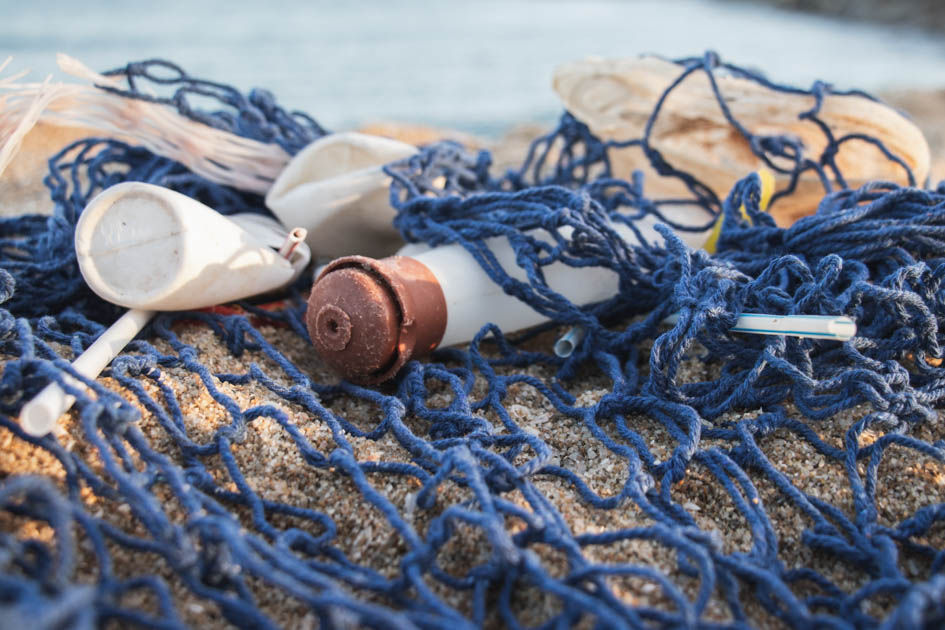Vapes, Coming to a Pond Near You
- Fraser Fillery
- Feb 14, 2024
- 3 min read
Updated: Feb 17, 2024
E-cigarettes and their potentially harmful effects on aquatic plants.
You may have smelt it before you’ve seen it, a new scourge of colourful plastic litter invading your local parks, high streets, and workplace.

E-cigarettes, commonly known as vapes, have seemingly taken the world by storm. Found in bright plastic packaging with hundreds of tantalising flavours such as bubble gum, caramel, and strawberry they are not hard to miss.
While traditional cigarette smoking is on the decline, vape consumption is increasing. For example, a survey by ASH found that in England, smoking rates reduced from 19% in 2012 to 13% in 2022, whilst e-cigarette consumption was less than 2% in 2012 up to 8% in 2022.
This rise is most prominent in younger vapers with <1% of 18-year-old vapers using disposable e-cigarettes in 2021 rising to 55% in 2022.
Concerning as it might be for novel plastic pollution coming from vape cartridges, the effects of plastic pollution are well understood. However, due to their relative novelty, little is known about the environmental impact of the vape liquid. To shed some light on this a study was conducted to determine the potential ecotoxicological impact of vapes and the liquid inside.
The Study
A team at Anglia Ruskin University set out to review the effects of vapes, e-liquid, and cigarette butts on the physiology of an aquatic plant Lemna minor, also known as Common Duckweed.

Duckweed is often chosen as a model organism for freshwater ecosystems because it is globally distributed and acts as a good indicator of freshwater toxicity. Duckweed is an amazing plant with the ability to absorb a range of chemical pollutants such as heavy metals, pharmaceuticals, and radioactive waste.
Additionally, as a primary producer duckweed is at the very base of the food web, providing nutrition for consumers above. Any negative impact on duckweed would ripple affecting the whole food web.
How the study was conducted
The duckweed was placed in 5 sample containers with 15 standardised plants in each. Out of the 5 samples, 4 were then polluted with contaminants and observed over 14 days:

Control Group – No contaminants added.
Cigarette butt treatment – 1 cigarette butt added.
Closed treatment – Intact vape without batteries.
Opened treatment – Disassembled vape without batteries.
E-liquid treatment – E-liquid isolated from the vape.
Results
After 14 days of observation, the results were as follows:
Control group – Duckweed grew as expected.
Cigarette butt treatment – Cigarette butts increased the root length, biomass, frond number, and chlorophyll content of the duckweed. The exact reason for this is unknown. One suggestion is that such growth may be stress-induced by environmental contamination, resulting in a growth activation response in the plant. This is concerning as overwhelming and unchecked duckweed growth can lead to large dense mats floating on the water's surface, subsequently blocking water channels, dissolved oxygen concentration, a reduction in the duckweed's ability to absorb pollutants and inhibiting sunlight penetration for other aquatic plants.
Closed treatment – Closed e-cigarettes also reduced root growth but to a less severe extent (biomass and frond number did not differ from controls) compared with opened e-cigarettes or e-liquid.
Opened and E-liquid treatment – no measurable effect on chlorophyll content, but inhibit growth (no significant increase in biomass, frond number nor root length).
The results of the study do not paint a pretty picture. All treatment groups with contaminants unnaturally altered the physiology of the duckweed within only 14 days of exposure. If this study captures a snapshot of vapes' effects on duckweed, it might be wise to assume similar results are happening in unstudied areas and make a change now.
With more people choosing to vape and vapes being introduced to a new generation of smokers we are likely to see an increase in this pollution. Cigarette butts are already a huge source of microplastic pollution, so why add to it?
The UK could follow a similar policy to Australia where all single-use and disposable vapes will be banned. It would be unrealistic to say that no one will vape. However, switching to a reusable vape would be a better solution, or disposing of them properly for those who wish to continue (though this is easier said than done).
+++++++++++++++++
For more information contact: info@scarabtrust.org.uk
Images:
Blue E-cigarette Image by Lindsay Fox on Pixabay (ST ref: 1237)
Duckling - Image by MiZie on Pixabay (ST ref: 1238)
Physiological responses of Lemna minor - Image credit Dannielle Senga Green on sciencedirect.com (ST ref: 1239)


